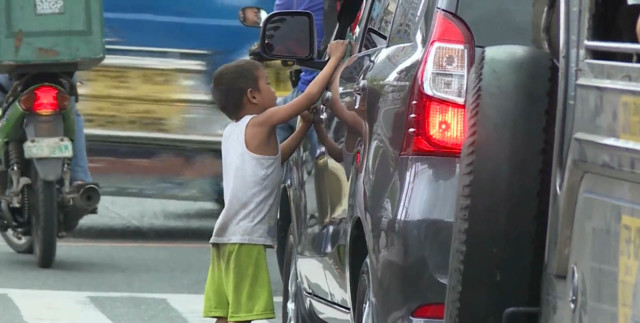The Philippines is ratcheting up its war on drugs. According to official records, more than 40,000 have been arrested and some 800,000 have surrendered since June.

That’s in addition to 6,000 killings. Now, Congress is proposing children as young as nine be jailed as well. CCTV’s Barnaby Lo reports.
Fourteen-year old “Anton”, whose real name and identity we cannot reveal, has been in this government-run facility for youth offenders for almost a year. By his own admission, he raped his half-sister. He’s sorry, he said, and was grateful he’s getting help to turn his life around.
“I learned to pray and read the Bible. I learned to value the things I have. I used to answer my parents back all the time. Now I know I have to respect them and value my family more,” he said.
It’s help that is mandated by law. Youth offenders aged 15 and below, as well as those older but under the age of 18 considered to not have acted “with discernment,” are taken to these so-called Houses of Hope. But that may no longer be the case if a proposed amendment to the law passes Congress. Lawmakers have started deliberating a bill that would make children as young as nine liable for criminal acts.
“At a young age, if they commit a crime, we have to impress upon their minds that it is not correct. It is a crime and they have a responsibility or liability to the society,” Pantaleon Alvarez, speaker of the house said.
That means they could be jailed. Not with adults, according to Congressman Alvarez, who’s a co-author of the bill, but critics said a jail is a jail and imprisonment could prove counterproductive.
An even bigger fear is that youth offenders could be sentenced to death if the death penalty is reinstated, a move strongly supported by Philippine President Rodrigo Duterte. Nothing in the proposal to lower criminal age – in its current form – exempts children from the death penalty, but Alvarez assures, there will be no death sentence for minors.
Beyond the question of saving a child’s life and future, however, is a bigger question. Will jail time for juveniles result in a safer Philippines when according to UNICEF, less than two percent of all crimes in the country are committed by minors
 CGTN America
CGTN America

